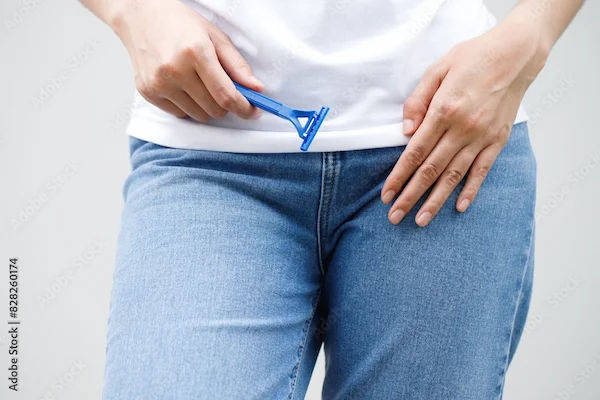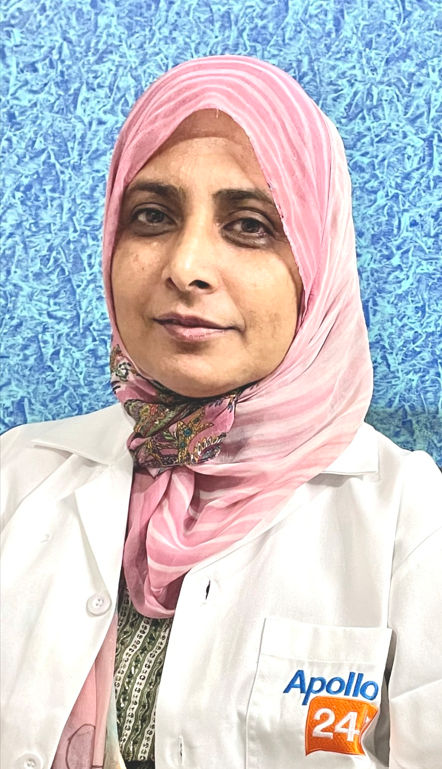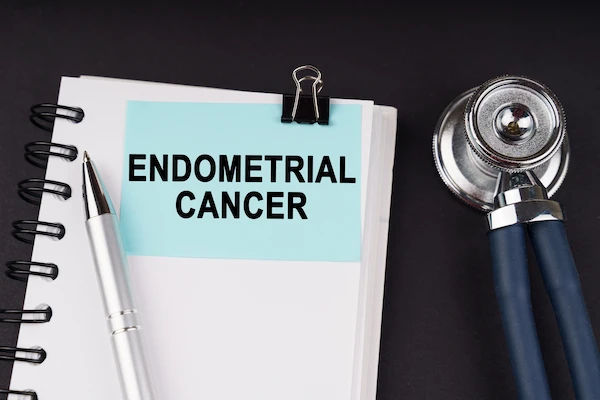When Can I Shave My Pubic Hair After Hysterectomy: Know All About It
Learn when it’s safe to shave your pubic hair after a hysterectomy. Understand the healing timeline, safety tips, and hygiene practices to ensure a smooth recovery.

Written by
Last updated on 3rd Jul, 2025

Introduction
Undergoing a hysterectomy is a significant surgery, and recovery requires patience and care. One common question many patients have is about personal grooming, specifically, "When can I shave my pubic hair after a hysterectomy?" This article will guide you through the dos and don’ts of shaving after surgery, ensuring a safe and comfortable recovery.
Understanding Hysterectomy and Recovery
A hysterectomy is the surgical removal of the uterus and sometimes the cervix, ovaries, or fallopian tubes. Recovery time varies depending on the type of surgery (abdominal, vaginal, or laparoscopic) and individual healing.
General Recovery Timeline
First 2 weeks: Avoid strenuous activity, heavy lifting, and anything that strains the pelvic area.
2-6 weeks: Gradual return to light activities, but still no heavy exertion.
6+ weeks: Most women can resume normal activities, but always follow your doctor’s advice.
Since shaving involves bending, stretching, and potential irritation, timing is important.
When Is It Safe to Shave After Hysterectomy?
Understanding the right time to resume grooming can help prevent irritation, infection, and promote proper healing.
1. Wait Until Incisions Are Healed
If you had an abdominal hysterectomy, your incision may take 2-4 weeks to heal.
For vaginal or laparoscopic hysterectomy, external incisions are smaller but still need time to close.
Avoid shaving until:
The surgical wounds are fully closed.
There’s no pain, swelling, or discharge from the incision site.
2. Consider Comfort and Mobility
Bending or stretching to shave may strain your healing muscles.
If you feel discomfort while trying to reach the area, wait longer.
Safe time frame:
At least 2-4 weeks post-surgery (depending on healing).
Some women may need 6 weeks or more before comfortably shaving.
3. Watch for Irritation or Infection
Shaving can cause tiny cuts, increasing infection risk.
If you develop redness, itching, or discomfort, stop and wait longer.
Consult Top Specialists for Personalised Tips
Tips for Safe Shaving After Hysterectomy
If your doctor gives the green light, follow these precautions:
1. Use a Clean, Sharp Razor
Dull razors cause irritation and ingrown hairs.
Disposable razors reduce infection risk.
2. Avoid Harsh Products
Skip heavily scented shaving creams or alcohol-based aftershaves.
Use mild, fragrance-free soap or hypoallergenic shaving gel.
3. Shave Gently
Don’t press too hard. Let the razor glide.
Shave in the direction of hair growth to prevent ingrown hairs.
4. Keep the Area Clean & Dry
Wash with lukewarm water and pat dry.
Avoid tight clothing that may cause friction.
5. Consider Alternatives
If shaving feels uncomfortable:
Trim with small scissors instead.
Use an electric trimmer for a safer, less irritating option.
Wait longer until full mobility returns.
When to Avoid Shaving Completely?
If you experience any of the following, delay shaving and consult your doctor:
Open wounds or unhealed incisions
Signs of infection (redness, swelling, pus)
Persistent pain or discomfort when touching the area
Conclusion
Every woman’s recovery is different. Some may feel ready to shave after 3-4 weeks, while others may need 6-8 weeks. Always follow your surgeon’s advice. Start slow and stop if it hurts, and prioritise hygiene and comfort over grooming. If you’re unsure, consult your doctor before resuming shaving.
Consult Top Obstetrics and Gynaecology Surgeon
Consult Top Obstetrics and Gynaecology Surgeon

Dr. Veena H
Obstetrician and Gynaecologist
16 Years • MBBS DGO
Bangalore
Apollo 24|7 Clinic - Karnataka, Bangalore

Dr. Shailaja L
Obstetrician and Gynaecologist
16 Years • MBBS, MS
Bangalore
Apollo 24|7 Clinic - Karnataka, Bangalore

Dr. Priyanka Surisetty
Obstetrician and Gynaecologist
8 Years • MBBS, DGO
Visakhapatnam
Apollo 24|7 Clinic - Andhra Pradesh, Visakhapatnam

Dr Homeira Nishat
Obstetrician and Gynaecologist
34 Years • MBBS, Diploma in Obstetrics & Gynaecology
Bengaluru
Cure Hospital and Clinic, Bengaluru

Dr. Asha Rani Singh
Obstetrician and Gynaecologist
24 Years • MBBS DGO
Delhi
Dr Asha Rani Singh Clinic, Delhi
Consult Top Specialists for Personalised Tips

Dr. Veena H
Obstetrician and Gynaecologist
16 Years • MBBS DGO
Bangalore
Apollo 24|7 Clinic - Karnataka, Bangalore

Dr. Shailaja L
Obstetrician and Gynaecologist
16 Years • MBBS, MS
Bangalore
Apollo 24|7 Clinic - Karnataka, Bangalore

Dr. Priyanka Surisetty
Obstetrician and Gynaecologist
8 Years • MBBS, DGO
Visakhapatnam
Apollo 24|7 Clinic - Andhra Pradesh, Visakhapatnam

Dr Homeira Nishat
Obstetrician and Gynaecologist
34 Years • MBBS, Diploma in Obstetrics & Gynaecology
Bengaluru
Cure Hospital and Clinic, Bengaluru

Dr. Asha Rani Singh
Obstetrician and Gynaecologist
24 Years • MBBS DGO
Delhi
Dr Asha Rani Singh Clinic, Delhi




